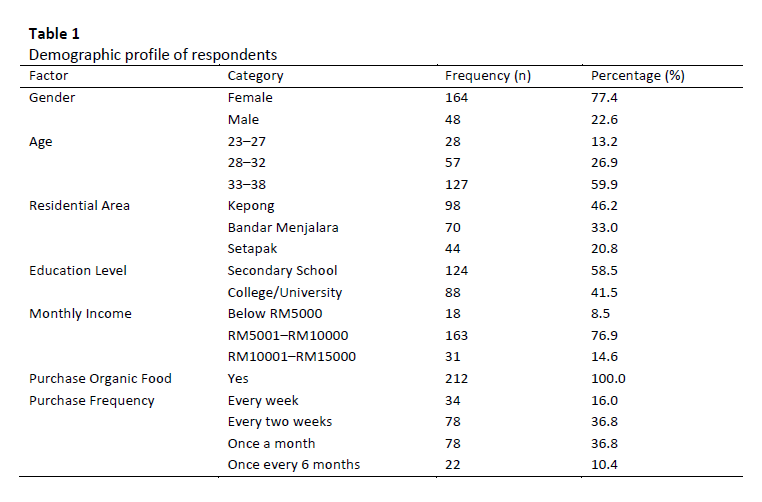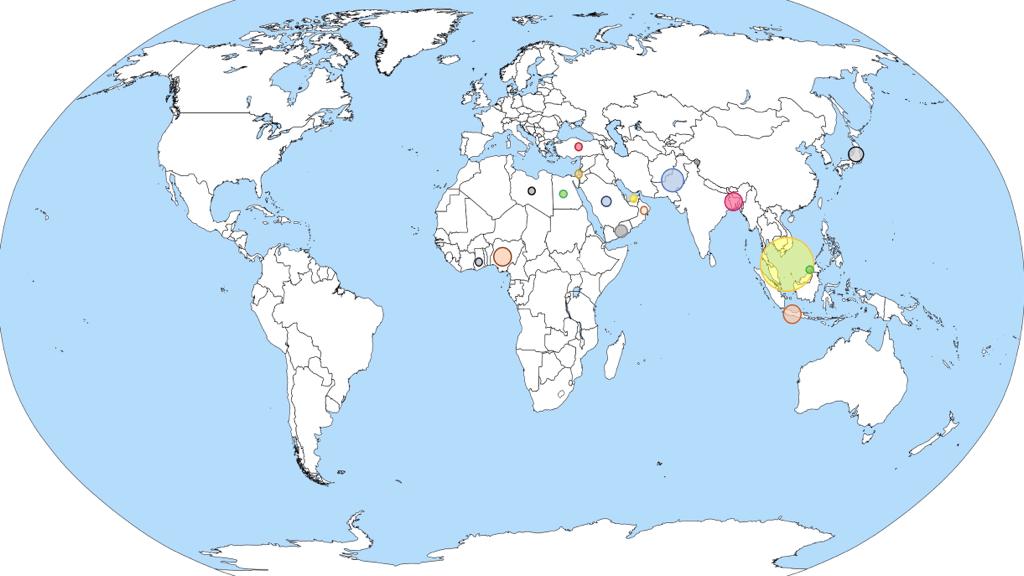From Concern to Consumption: What Fuels the Organic Food Purchase Intention among Millennials?
DOI:
https://doi.org/10.37934/arbms.39.1.8999Keywords:
Consumer trust, health concern, millennials, organic food, purchase intention, theory of planned behaviourAbstract
The rise of green consumerism has fueled the growing popularity of organic food, prompting increased interest in understanding the factors that drive consumer purchase intention. This study examines the influences of health concern, environmental concern, subjective norm, perceived behavioural control, and consumer trust on the purchase intention of organic food among millennials in Kuala Lumpur. A total of 212 valid respondents participated in a structured survey, and the data were analyzed using IBM Statistical Package for the Social Sciences (SPSS) software. The results revealed that health concerns and consumer trust had significant positive relationships with purchase intention, highlighting these as key motivators for organic food consumption. Conversely, environmental concern, subjective norm, and perceived behavioural control were not significant predictors. These findings suggest that personal health and product credibility outweigh environmental and social factors in shaping organic food choices within this demographic. The study offers valuable implications for marketers and policymakers, emphasising the need for targeted, health-oriented communication strategies and the importance of fostering consumer trust through transparent labelling, credible certification, and clear information dissemination.

















